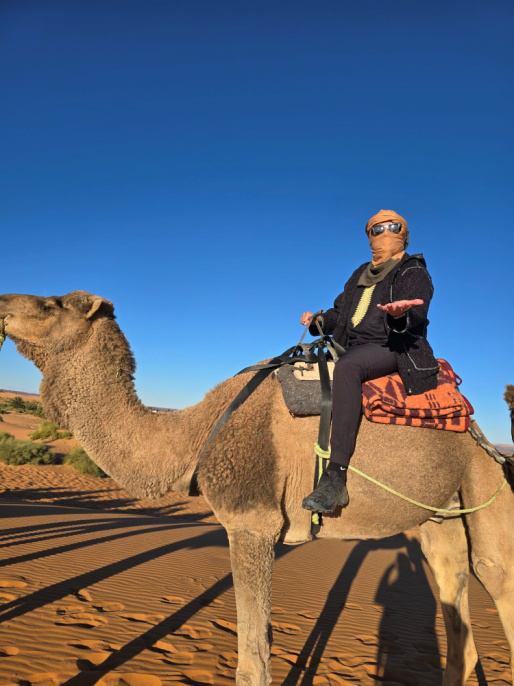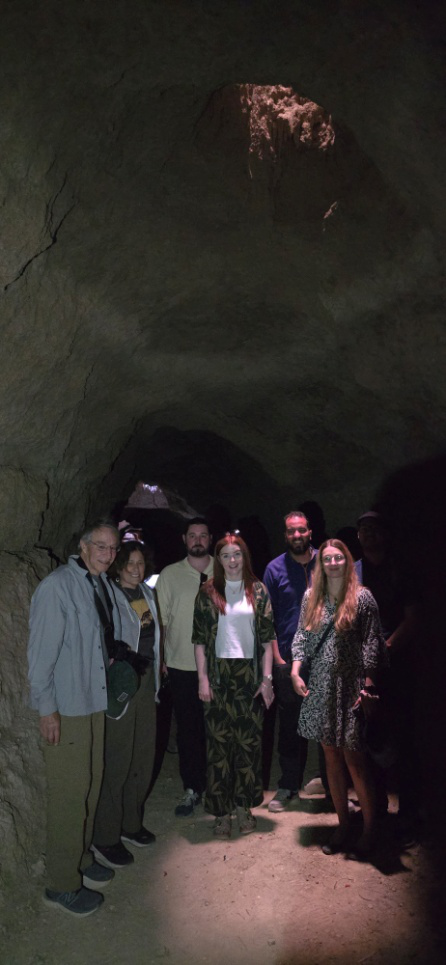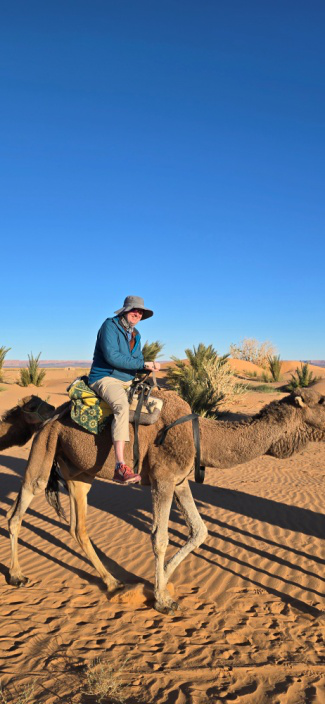Jebel Toubkal, Morocco’s mighty peak piercing the sky at 4,167 meters (13,671 ft), is more than just a mountain; it’s the crown jewel of the Atlas Mountains and the highest in North Africa. Scaling Toubkal is a challenging yet rewarding adventure that promises breathtaking landscapes, a deep connection with Berber culture, and the immense satisfaction of reaching the summit. But before you lace up your boots, here’s a guide to help you prepare for this unforgettable trek.
The Challenge Awaits
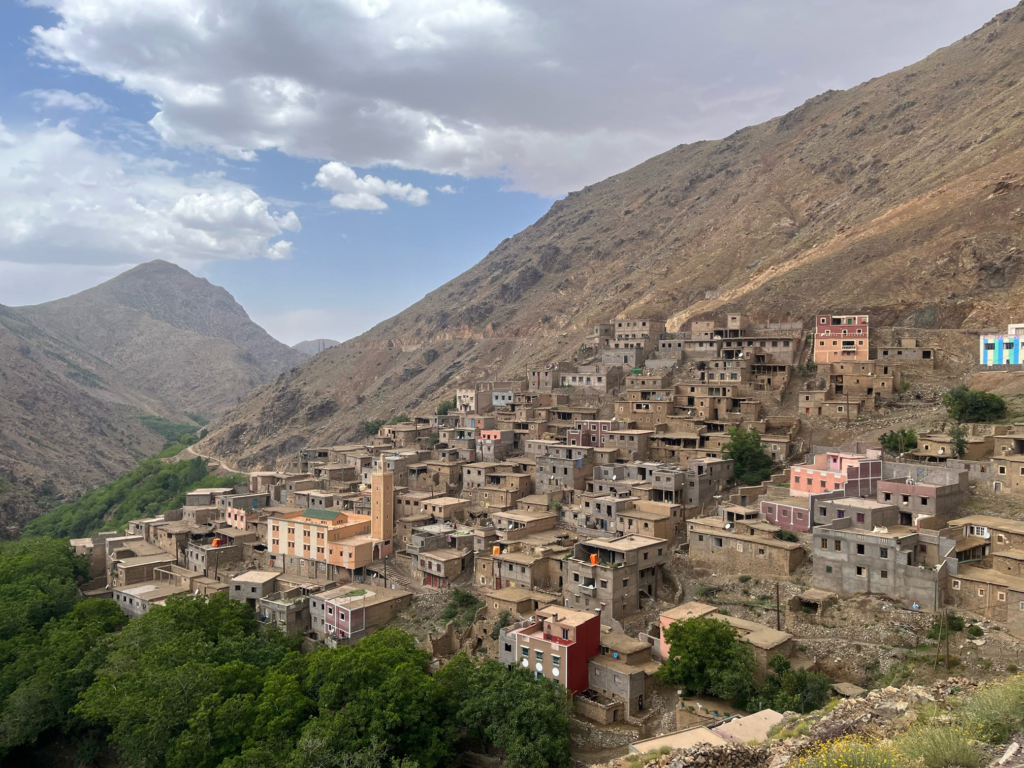
Mount Toubkal, the highest peak in North Africa, stands tall at 4,167 meters in the Atlas Mountains of Morocco. Its challenging trails, high altitudes, and unpredictable weather make it a trek not suited for the faint of heart. However, for those prepared to face its demands, the journey offers breathtaking views and an unparalleled sense of accomplishment.
The Demands of the Trek
Trekking Toubkal involves several days of strenuous hiking, navigating through steep inclines, and rocky terrain, and dealing with the thin air at high altitudes.
Steep Inclines and Rocky Terrain
The path to Toubkal’s summit is characterized by steep, continuous ascents and uneven, rocky paths. Trekkers must be ready to tackle these physical challenges, which can be taxing even for experienced hikers.
High Altitudes and Altitude Sickness
As you ascend, the air becomes thinner, increasing the risk of altitude sickness. Symptoms include headaches, nausea, dizziness, and fatigue, which can impede progress and enjoyment. Proper acclimatization and preparation are vital to mitigate these effects.
The Experience in Imlil
Imlil, often considered the gateway to Toubkal, is an ideal place for acclimatization. The village’s elevation of 1,740 meters makes it a perfect starting point for your trek. While in Imlil, take short hikes in the surrounding areas, explore the vibrant markets, and immerse yourself in the warm hospitality of the Berber people. This acclimatization period will help your body adapt to the altitude, making the ascent to Toubkal more manageable.
Planning Makes Perfect
The best time to trek Toubkal is generally spring (April-May) and autumn (September-October) when temperatures are mild. However, winter ascents offer a unique challenge for experienced climbers. Decide on your trek duration. Popular options include 2-day and 3-day treks. Longer treks allow for a more leisurely pace and better acclimatization.
Embrace the Adventure
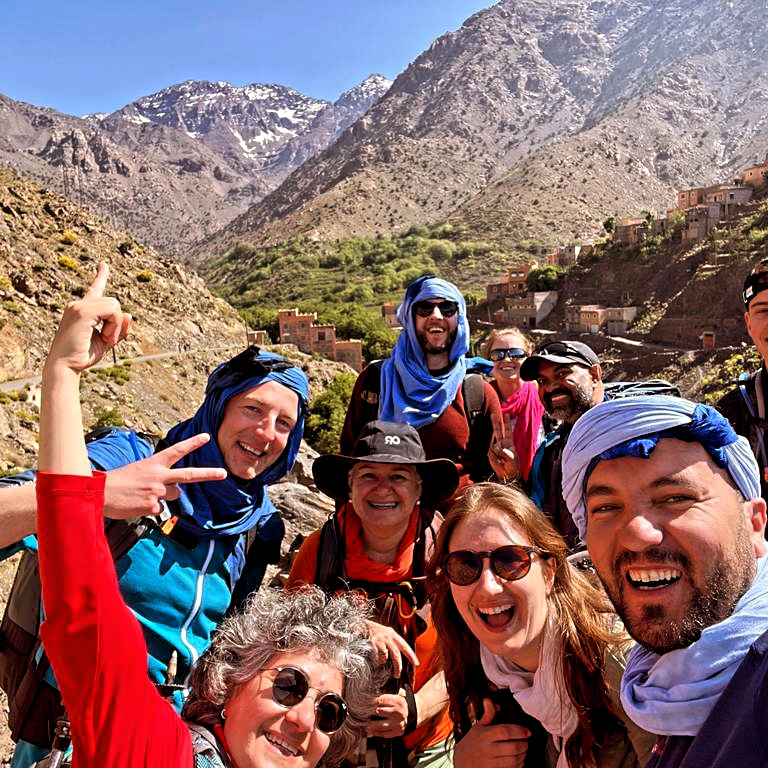
Ideal Seasons for Trekking
Spring (April-May)
Spring is one of the best times to trek Toubkal. The weather is mild, with comfortable temperatures and clear skies. The melting snow reveals lush landscapes and blooming flora, making the trek both visually stunning and pleasant.
Autumn (September-October)
Autumn is another excellent time to embark on a Toubkal trek. The temperatures are again mild, and the summer heat has waned, providing ideal trekking conditions.
Winter Ascents: A Unique Challenge
Winter (December-February)
For experienced climbers seeking a more challenging adventure, winter ascents of Toubkal offer a unique experience. The mountain is covered in snow, and the trek requires specialized equipment such as crampons and ice axes. While the temperatures can be harsh and the conditions demanding, the serene and pristine snowy landscapes reward those who take on this challenge.
Deciding on Trek Duration
2-Day Trek
A 2-day trek to Toubkal is popular among those with limited time. This option involves a more rigorous schedule, with long hours of trekking each day. It’s suitable for fit and experienced hikers who are comfortable with rapid ascents and descents.
3-Day Trek
Opting for a 3-day trek allows for a more leisurely pace. This schedule includes shorter daily trekking distances and more time to acclimatize to the altitude. It’s an excellent choice for those who prefer to enjoy the journey and the stunning scenery without rushing.
Longer Treks
Longer treks, extending beyond three days, provide the most relaxed experience. These treks allow ample time for acclimatization, reducing the risk of altitude sickness. They also offer opportunities to explore more of the surrounding areas and immerse yourself in the natural beauty of the High Atlas Mountains.
Reaching the Summit: An Unforgettable Reward
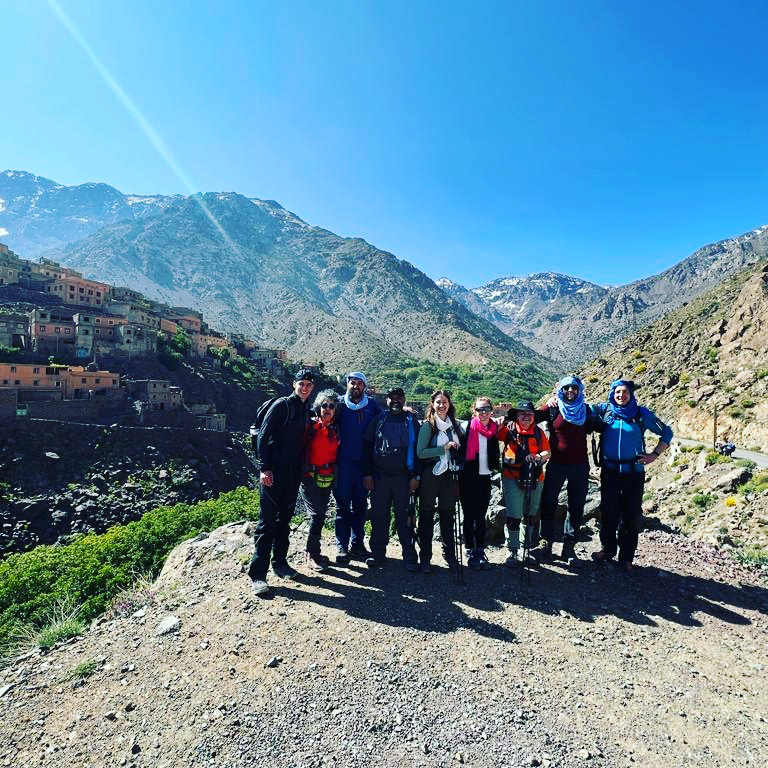
The final push to the summit is often the most challenging. But as you reach the top, the world opens up before you. Panoramic vistas of snow-capped peaks stretching as far as the eye can see, sprawling valleys carved by time, and the vastness of the Moroccan landscape will leave you breathless. Witnessing sunrise or sunset from the summit, bathed in the golden glow of the setting sun or the ethereal light of dawn, is an experience you’ll cherish forever.
Beyond the Trek: Unveiling the Magic of Morocco
While Toubkal is the main attraction, Morocco has much more to offer. Consider adding a few days to explore the vibrant city of Marrakech, a sensory overload of bustling souks, ancient palaces, and captivating squares. Immerse yourself in the rich history and culture, savor the fragrant Moroccan cuisine, and get lost in the labyrinthine alleyways of the Medina.
Omar Adventures: Your Trusted Guide to Moroccan Exploration
For a truly unforgettable Moroccan experience, look no further than Omar Adventures, a Moroccan-owned and operated tour company offering the best day trips and guided tours in Morocco.
Our passionate local guides are experts in their field, ensuring a safe, insightful, and culturally immersive experience. Whether you dream of luxurious all-inclusive camel tours that cater to your every need, small-group tours for a more personalized touch, or Atlas Mountain hiking tours for an intimate exploration tailored to your interests, Omar Adventures has you covered.
From the majestic peaks of the Atlas Mountains, where you’ll conquer the challenging trek to Jebel Toubkal, to the captivating charm of Marrakech and the vastness of the Sahara, let Omar Adventures show you the magic of Morocco. Contact us today for more details.

